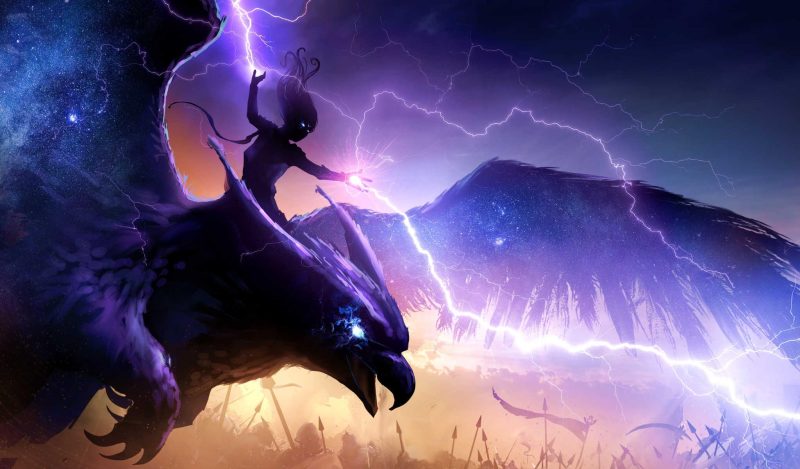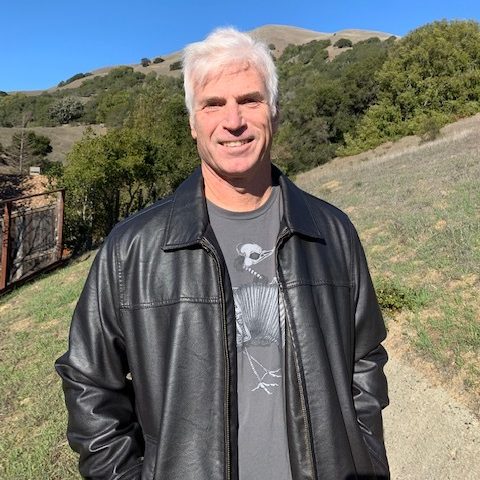Rochelle Walensky just left the CDC in a hurry. We’ll probably never get to know the details of her departure, but it smelled a lot like the culmination of statements that she made over the course of her time there. Some of the statements she made and positions she held didn’t quite match up with the facts that she knew at the time, and some members of Congress are beginning to notice.
I don’t believe for a second that Walensky thought up those statements all on her own, and I don’t believe that she was stupid enough not to know that they were false when she said them. Someone else (probably more like someones) convinced her to toe the line and say those things, because that’s what others in power above her wanted to happen, and that it would be really good for her career to go along. Because, you know, present a unified voice; tell a little white lie; do what’s good for the population.
It could also be that Walensky didn’t get that instruction from anyone at all. Humans are complex creatures that can pick up on all sorts of cues from other individuals and the environment. It could be that somehow she just knew what she needed to say to maintain her position of power. It might not have even included a rationalization to herself. It just felt right.
Who knows, maybe there’s another lucrative position already in the works at a large and powerful pharmaceutical company, where she can still be part of the game.
Dear Rochelle, here’s a tip in case you don’t already feel this in your bones right now:
You don’t use power; power uses you.
Who gave you the message? Was it Biden? Someone in the health administration? An operative from Davos? It looks like the one “on top” holds the power, and that it flows down from there. But let’s take a quick look at the history of people on the top.
Julius Caesar. There is no question he was top dog in 46 BC. There is no question that he was dead in 44 BC.
You don’t use power; power uses you.
French Revolution – the people have the power! Yay! Kill those other people in power! Bye, bye cake maven. – No, wait. Robespierre has the power. Go Jacobins! You’ll surely hang on. – Sorry, says Napoleon, I’m top dog now. 600,000 troops marching to the Kremlin! – Hmm, that Russia thing didn’t go too well. What? I lost 400,000 troops? Mais oui!
You don’t use power; power uses you.
Power often lurks in the background. We do things based on cultural expectations, and have a relatively unconscious awareness of what lies behind those expectations. Then suddenly everything changes, and we become all too aware of its frightening force.
Think of those mandated to get a jab that they didn’t need. Many lost their jobs, or had a family member harmed. Students were forced out of classes and away from friends, and their developing personalities were anonymized with masks. They went along because they suddenly felt some power compelling their actions.
Was there an identifiable person behind these violative acts of power? Sometimes, yes: it was the Fire Chief; it was the Health Director; it was the CDC. Sometimes, no: everyone else is wearing masks, so I had better wear one too; the other kids look at me funny because I’m unvaccinated, and I can’t go to parties.
Power has captivated many historians and philosophers as they tried to describe it and understand it. Nietzsche believed that power was the primary driving force in humans. He called it the “will to power.” It is in everyone, whether their motives are good or evil. He also talked about these actions taking place around “power centers.” Unlike the “will to power,” the word “center” makes power sound like a place, or a thing of its own, separate from a human presence.
People express power to other people. Or inflict it upon them. Or submit to it. It certainly appears that power is the thing exchanged, with humans as the actors. Machiavelli wrote a book that provided guidance to rulers on how to obtain power and then how to maintain it. In his work power is the attribute that a human obtains.
However, regardless of how well rulers throughout history employed his advice, his tips always seemed to go wrong somewhere. As with the examples at the beginning of the article, maybe power can be obtained by following some rules, but maybe it has a life of its own.
What if that “will to power” that Nietzsche talks about isn’t embedded in our psyche, what if it is its own thing? What if Power is the entity in this equation, and humans are the substrate, or rather the medium of exchange? What if Power is something that lives above humans, perhaps requiring humans to exist, and primarily expresses its being through humanity? What if Power uses you?
In most stories of the Bible, power is expressed as an attribute or ability of God. But there is this one I found that’s interesting: Luke 22:69. In the literal translation of the original, it’s not clear what the state of power is: “But from now on the Son of Man shall be seated at the right hand of the power of God.” Note that it is the power of God that has a “right hand,” and that power might be an entity.
Michel Foucault from the last century also philosophized on the nature of power. He largely saw power as a force that is tied to the establishment of knowledge, and thus often a force for good. But here is a remarkable statement:
We must cease once and for all to describe the effects of power in negative terms: it ‘excludes’, it ‘represses’, it ‘censors’, it ‘abstracts’, it ‘masks’, it ‘conceals’. In fact power produces; it produces reality; it produces domains of objects and rituals of truth. The individual and the knowledge that may be gained of him belong to this production (1975).
What strikes me about this statement is that power is most certainly treated as an entity performing actions. Whether it is positive or negative: “power produces.” It is not the human wielding power, it is power itself that is the agent.
Power is the entity, humans are the medium of exchange.
Then there is Prometheus. Zeus is “all-powerful,” the pinnacle of the pantheon of gods. Clearly, Zeus is the primary holder of power, and all else flows below him. But one of the Titans, Prometheus, defied Zeus, and stole fire as a gift to humans, creating for all of humankind the ability to do art, create industry, and control their environment. Zeus tortured Prometheus for his disobedience. But the all-powerful Zeus either could not or did not remove humankind’s newly gifted power. Was that Power acting on its own, wielding Zeus himself in its grip?
Here’s another interesting one from the social philosopher Noam Chomsky in Understanding Power: The Indispensable Chomsky:
And when you look, most of the time those authority structures have no justification: they have no moral justification, they have no justification in the interests of the person lower in the hierarchy, or in the interests of other people, or the environment, or the future, or the society, or anything else – they are just there in order to preserve certain structures of power and domination, and the people at the top.
Sounds a lot like Power is its own being, self-interested, “preserving” its structure.
Over the past three years, Power has hurt or ruined the lives of millions. It seems to have taken over many of our institutions: government, health, education, banking, and the media, all to negative effect. And the whole time all the people with authority in those institutions thought they were the ones in charge.
- Did Power compel Andrew Cuomo to force people with Covid into nursing homes and thus cause many deaths?
- Did Power suggest that hospital administrators inflate Covid numbers to get more money from the state?
- Did Power instruct County Health officials to shut down schools and isolate children from one another?
- Did Power whisper to leaders of large pharmaceutical companies to hide risks and enrich themselves?
And now, once seemingly wielded by our leaders, Power has them cowering from its presence – our leaders are gaslighting, and deflecting, and backpedaling, and resigning. Will Power come after them? Will some other individual or group step into its clutches?
Is Power just getting started?
Power exists in the ether of human actions; does it have a name?
When it alleviates human suffering, do we call it God – or Yahweh – or Allah – or Vishnu – or Bodhisatta?
When it causes pain and destroys lives, do we call it Satan – or Shaitan – or Shiva – or Mahakala?
Join the conversation:

Published under a Creative Commons Attribution 4.0 International License
For reprints, please set the canonical link back to the original Brownstone Institute Article and Author.









